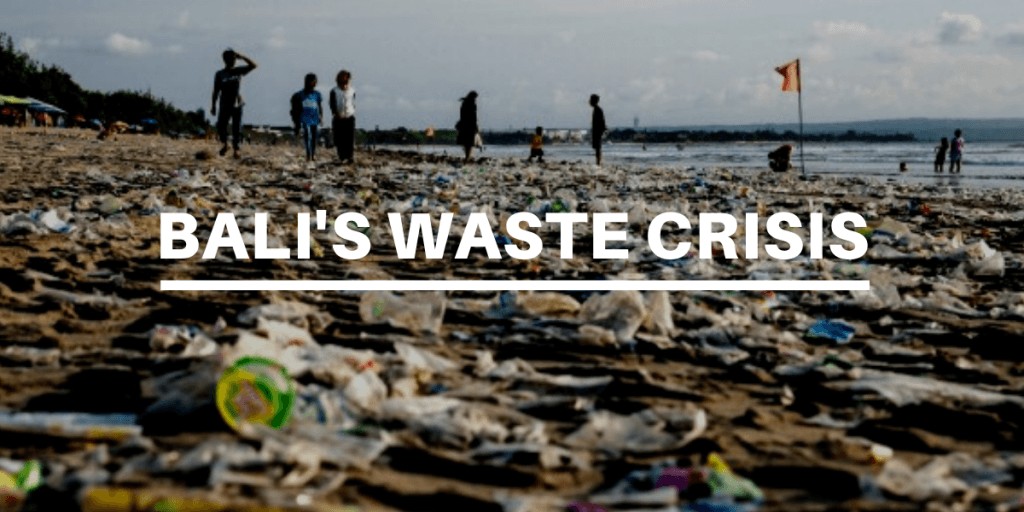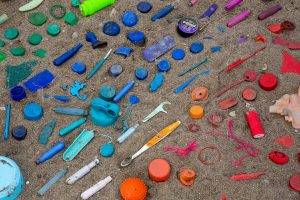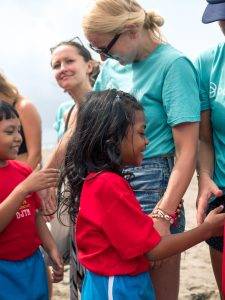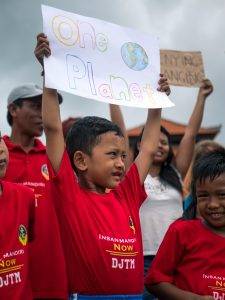[fusion_builder_container hundred_percent=”no” equal_height_columns=”no” menu_anchor=”” hide_on_mobile=”small-visibility,medium-visibility,large-visibility” class=”” id=”” background_color=”” background_image=”” background_position=”center center” background_repeat=”no-repeat” fade=”no” background_parallax=”none” parallax_speed=”0.3″ video_mp4=”” video_webm=”” video_ogv=”” video_url=”” video_aspect_ratio=”16:9″ video_loop=”yes” video_mute=”yes” overlay_color=”” video_preview_image=”” border_size=”” border_color=”” border_style=”solid” padding_top=”” padding_bottom=”” padding_left=”” padding_right=””][fusion_builder_row][fusion_builder_column type=”1_1″ layout=”1_1″ background_position=”left top” background_color=”” border_size=”” border_color=”” border_style=”solid” border_position=”all” spacing=”yes” background_image=”” background_repeat=”no-repeat” padding_top=”” padding_right=”” padding_bottom=”” padding_left=”” margin_top=”0px” margin_bottom=”0px” class=”” id=”” animation_type=”” animation_speed=”0.3″ animation_direction=”left” hide_on_mobile=”small-visibility,medium-visibility,large-visibility” center_content=”no” last=”no” min_height=”” hover_type=”none” link=””][fusion_text columns=”” column_min_width=”” column_spacing=”” rule_style=”default” rule_size=”” rule_color=”” hide_on_mobile=”small-visibility,medium-visibility,large-visibility” class=”” id=”” animation_type=”” animation_direction=”left” animation_speed=”0.3″ animation_offset=””]
Bali is a small island with beautiful mountains threaded with rivers. That unfortunately leads to poor infrastructure for waste collection and rivers perfect for dumping waste. The Balinese have always had a throw away culture – people would eat their meal and chuck their banana leaf packaging into the river and the thousands of intricate daily offerings would simply break down. However, when plastic was introduced the existing infrastructure wasn’t enough and it didn’t catch up fast enough – it still isn’t close. The throw away culture remains but now the rivers are lined with plastic instead of leaves. 52% of the islands’ waste is not collected and 90% of locals live within 1km of a river. However, the waste crisis isn’t super obvious for most of the year. Most of these rivers are dry until the monsoon rain comes along and floods all this plastic into the ocean.
[/fusion_text][fusion_youtube id=”https://www.youtube.com/watch?v=7QJRxYrwN6Y&t=95s” alignment=”” width=”” height=”” autoplay=”false” api_params=”” hide_on_mobile=”small-visibility,medium-visibility,large-visibility” class=”” css_id=”” /][fusion_text columns=”” column_min_width=”” column_spacing=”” rule_style=”default” rule_size=”” rule_color=”” hide_on_mobile=”small-visibility,medium-visibility,large-visibility” class=”” id=”” animation_type=”” animation_direction=”left” animation_speed=”0.3″ animation_offset=””]
The Journey of the Trash
Of the waste that isn’t collected 19% is burnt, 22% is dumped inland and 11% is dumped in waterways. Bali produces 4,281 tonnes of waste in a day – of that 20% is plastic. That’s 33,000 tonnes of plastic that finds its way into our oceans every single year.
Not to mention that the waste which is collected isn’t managed nearly well enough. At the moment only 4% is recycled and the rest goes to landfill. The main landfill on Bali sits just 1 kilometer from the ocean. It is way over capacity and leaking dangerous chemicals into the surrounding ground water and rivers.
Tourism has a part to play in the waste crisis too, making up 13% of the waste. A tourist produces 3.5 x the amount of trash a local does in a day. Bali has 16.4 million tourists visiting every single year! If we want to visit this beautiful island we need to be responsible and aware of our impact.
Let’s imagine you choose to come and stay a week in Bali. On average a tourist produces 1.7 kilos of waste a day. That’s 11.9 kilos in a week and 1.3 kilos which ends up in the oceans.
The Solution to the Waste Crisis
This all sounds very depressing but after years of people campaigning and trash piling up on the beaches every monsoon season the government is finally in motion. We had the ban on single use plastic (plastic bags, straws and Styrofoam) introduced which is being enforced to some extent in the capital and surrounding regions. It is a start and it is encouraging, but is it enough?
This is a multifaceted issue which can’t be solved from one angle. Government needs pushing but it is slow. We can’t rely on them to make the changes for us. We all have a responsibility as individuals to be aware, educated and doing what we can.
At a Glance
At a glance we have 7 ways to approach the waste crisis. Below we have outlined each one with some organisations who are making an impact.
Behavior change
- Why? Environmental education isn’t taught to most of the local community
- How? Raising awareness, education and empowerment
- Organisations – Ocean Mimic, R.O.L.E foundation, Green Books
Waste collection
- Why? 52% of Bali’s waste isn’t collected
- How? More trucks, covering more of Bali, more often
- Organisations – Eco Bali, Plastic Bank
Recycling
- Why? Only 4% of Bali’s waste is recycled
- How? More functional recycling centers, increasing the value of recyclables
- Organisations – Eco Bali, Plastic Bank, Mckinzie.org, Dua Kala
Composting
- Why? 60% of waste is organic, composting frees up resources
- How? More composting centers
- Organisations – Merah Putih Hijau
Waste reduction
- Why? 20% of Bali’s waste is plastic
- How? Less plastic packaging being used, mindful businesses and consumers
- Organisations – Zero Waste Bali, Bali Buda
Law
- Why? Big scale change
- How? Plastic bans, plastic taxes, incentives for businesses
- Organisations – Bye Bye Plastic Bags, Systemiq
Cleanups
- Why? Stop plastic entering the oceans
- How? Beach, river and land based clean ups
- Organisations – Ocean Mimic, Trash Hero
Ocean Mimic
We are based in Bali for a reason and that is – waste. Bali has a huge waste crisis which serves as a spotlight on a bigger picture – this is a global issue. What we didn’t really expect was just how complicated the issue is, how serious and urgent it really is and how difficult it would be to find our own role in all of this.
So what part do we have to play?
From November – November 2019 we have picked up 12 tonnes inorganic waste worldwide with over 4000 volunteers. To put that into perspective 188 tonnes of inorganic waste will end up in the ocean in one day.
If you’re in Bali why not join a cleanup. All our events are here.
This December (2019) we are cleaning 31 beaches in 31 days for our Bali Plastic Tour. Check it out!
Please donate to support the project.
So What is our Focus?
Our focus at this point is education and behaviour change but we have a million other ideas for the future. For now we want to focus more on the local population and in particular children. We are developing an educational program that we can offer to schools around Bali. It includes a beach clean up, worksheets, workshops, leaflets they can give to their parents and educational games. We will be inviting schools to join us in December for the Bali Plastic Tour.
In a Nutshell
We want to stress that what we want to do isn’t just silently clean beaches. No no no it is so much more than that! This is about raising awareness and education. Your support has allowed two small voices to reach thousands and we thank you for that. We want to spread a valuable message and we want to be constantly learning how to do that as best we can.
References
We attended the ‘Bali Partnership’ – a conference to bring everyone in the waste management space together to reveal new research by the University of Leeds and the University of Uyandana, discussions by expert panelists and to try find solutions. It was fascinating. This article includes the most interesting facts and figures direct from the conference.
[/fusion_text][/fusion_builder_column][/fusion_builder_row][/fusion_builder_container]





